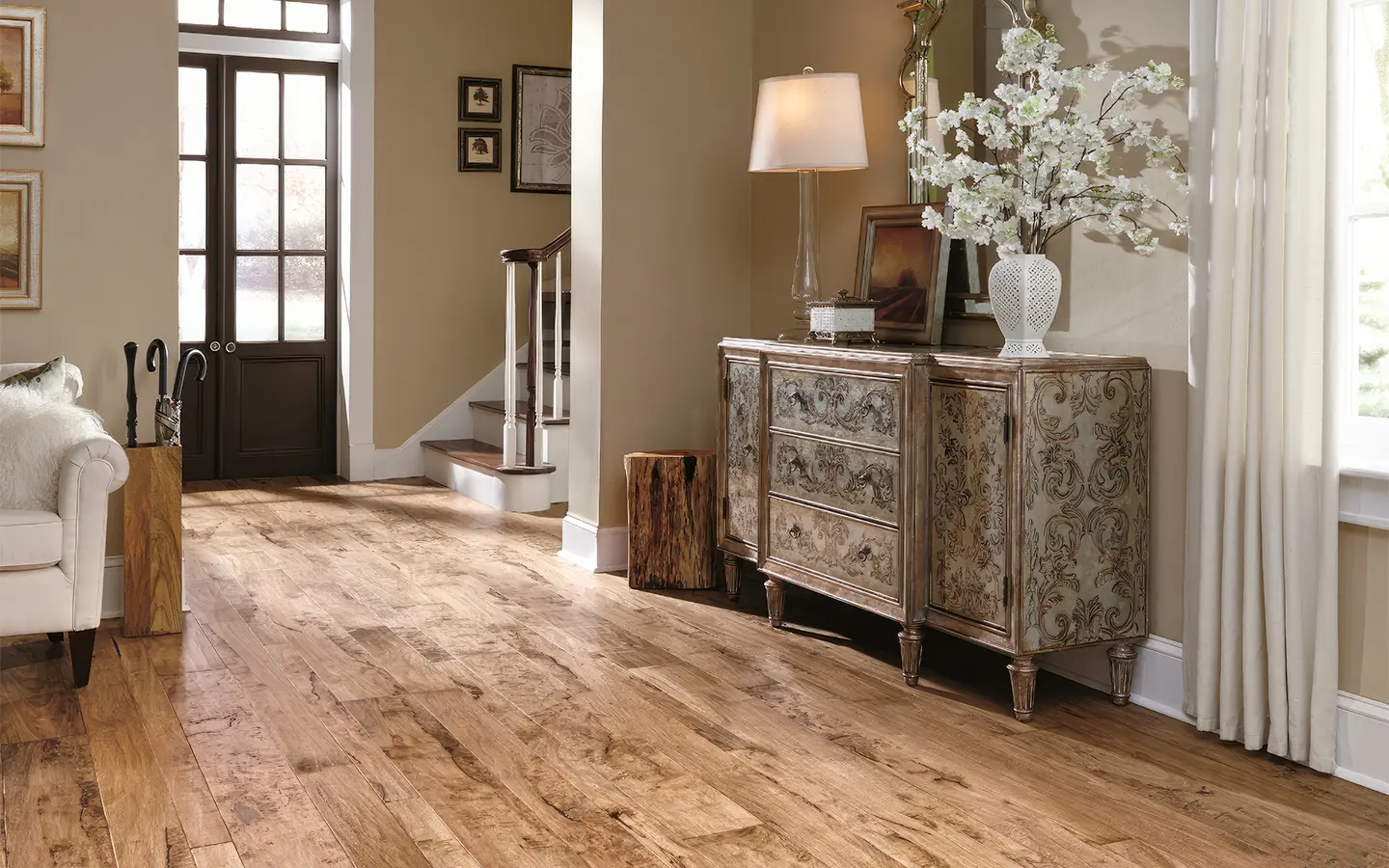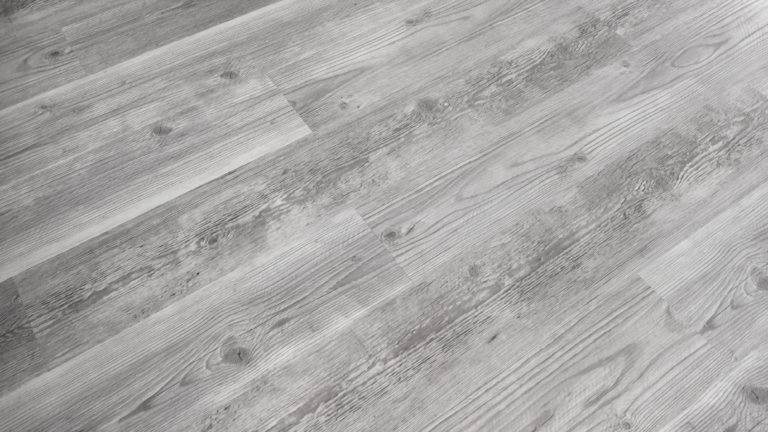Choosing the right flooring for rental properties isn’t just about picking something that looks good; it’s about finding a floor that can handle everything life throws at it without costing too much.
It’s a practical decision—finding something durable enough to last through several tenants, easy enough to maintain without constant headaches, and affordable enough that it won’t blow your budget.
Durability is the most important factor here because you’re dealing not just with one family’s wear and tear but with many, over many years. Maintenance is another big factor. You want something that’s easy to clean and doesn’t need special treatment every few months. And cost, well, that’s always a consideration, especially when you’re trying to make a profit.
You also want the place to look nice. After all, a good-looking floor can make a great first impression and help you attract tenants faster.
Let’s take a closer look at deciding factors for rental property flooring.
Deciding Factors for Rental Property Flooring
Before we break down the best flooring options for rental properties, let’s take a look at deciding factors that should help you to make a smart, cost-effective, and durable choice—something that’ll keep your property looking good and your tenants happy without unnecessary fuss or expense:
Durability:
This is all about getting the most bang for your buck over the long haul. In rental properties, flooring gets a lot more foot traffic from a revolving door of tenants.
You need something that’s going to hold up under this constant use without looking worn out after just a couple of years. Durable flooring means fewer replacements, less hassle, and ultimately, less expense.
Maintenance:
Time is money, and so is maintenance. Floors that are easy to clean and don’t need special treatments every few months are ideal for rental properties.
You want something that tenants can maintain easily, which will help keep the place looking good without needing your constant attention or additional professional cleanings.
Cost-effectiveness:
We’re not just talking about the upfront cost here, but also the long-term costs of maintaining and eventually replacing the flooring.
Affordable flooring that also ticks the boxes for durability and low maintenance can significantly reduce the overall cost of ownership. It’s about finding that sweet spot where initial investment and ongoing costs meet minimal fuss.
Aesthetic appeal:
Sure, it’s not all about looks, but you can’t ignore them either. Flooring that’s visually appealing can make your property stand out to potential renters.
It doesn’t have to be high-end marble or exotic hardwoods; many affordable options look great and can complement a variety of decor styles. The goal is to choose the flooring that will make a good first impression and not scare off tenants with outdated or unattractive designs.
Water and damage resistance:
Spills, stains, and scratches are part of life, especially in a rental property. Flooring that can stand up to these inevitable accidents without showing every little mark is crucial.
This isn’t just about water in the bathroom or kitchen; it’s about the dropped cup of coffee in the living room or the dragged chair across the dining area. The more resistant the flooring is to these everyday mishaps, the better it will look for longer.
Installation ease:
Lastly, when it’s time to replace or repair the flooring, you want something that can be done quickly and without too much disruption. Flooring that’s easy to install (or repair) means your property can be turned over faster, reducing downtime between tenants and keeping your rental income flowing.
Best Brands of 2024
Top Flooring Options for Rental Properties
Luxury vinyl plank (LVP):
LVP is a heavyweight champion in the rental property arena for several reasons. It combines the look of hardwood with the resilience of vinyl, offering a water-resistant and durable surface that can handle the comings and goings of various tenants.
Its realistic textures and styles can elevate the look of any space, making it a hit with both landlords and tenants. Plus, luxury vinyl plank is relatively easy to install and maintain, ticking all the right boxes for rental properties.
Laminate:
If you’re looking for the hardwood look without the hardwood price or fuss, laminate is a solid contender. It’s tough, resisting scratches and dents better than many natural wood products, and it’s pretty straightforward to clean.
The variety of styles and colors available means you can find something that fits just about any room’s aesthetic. Laminate’s ease of installation and cost-effectiveness make it a smart choice for property owners looking to balance budget and style.
Ceramic or porcelain tile:
For areas prone to moisture and spills like bathrooms and kitchens, tile is a no-brainer. It’s waterproof, durable, and easy to clean, making it ideal for spots where water is part of the daily routine.
Both ceramic and porcelain tile come in a vast array of designs, allowing for flexibility in decor. While tile can be more expensive and challenging to install than some other options, its longevity and resistance to water damage can make it worth the investment in these high-moisture areas.
Carpet tiles:
Comfort underfoot and easy maintenance are where carpet tiles shine. They offer the warmth and noise-dampening qualities of the carpet but come with a twist: if a section gets stained or damaged, you can replace just that tile without redoing the entire floor.
This makes them particularly appealing for rental properties, where quick fixes are something to be expected. They come in various colors and patterns, allowing for custom designs that can be both functional and attractive.
Each of these flooring options brings something valuable to the table, whether it’s the waterproof and stylish nature of LVP, the affordability of laminate, the durability of tile in wet areas, or the flexibility of carpet tiles. Choosing the right one depends on the specific needs of each part of your rental property and your overall goals as a property owner.
Rental Flooring Recommendations
We have selected 3 top picks to give you a start on your journey of choosing the best flooring for your rental property. These are selected to meet the criteria we talked about and give you a mix of style, durability and affordability:
#1 Newton
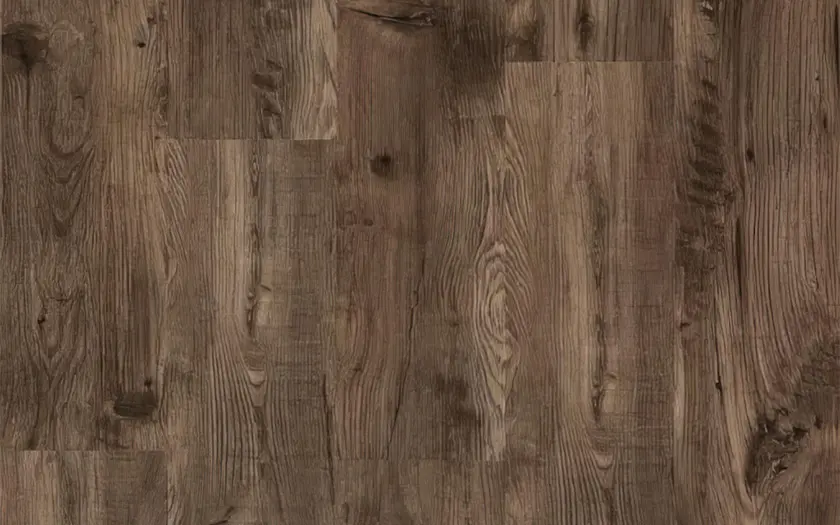
Option 1: Newton Cosmic Collection LVP
- Why: The Cosmic Collection offers excellent waterproof performance and scratch resistance, essential for the wear and tear of rentals. Choose from a range of neutral wood-looks to cater to diverse tenant preferences.
- Affordability: Newton emphasizes value, and this collection should fall within a reasonable budget.
- Bonus: Look specifically for colors like Cider or Smokehouse for their warm, mid-tone browns that are classic and hide imperfections well.
Option 2: Newton Laminate
- Why: If affordability is the absolute top priority, Newton’s laminate offers stylish wood-looks at a lower price point. Choose a line with a good AC Rating (AC3 or above) to ensure durability.
- Important: With laminate, stick to installing it in living rooms, bedrooms, and hallways. Some have water resistance, but LVP is still superior for kitchens and bathrooms.
- Style: Prioritize neutral, mid-tone wood looks for broad appeal and lasting style
Check Newton’s website to browse specific colors and styles and order samples to compare your top favorites in the actual rental space before making your final choice.
#2 Proximity Mills
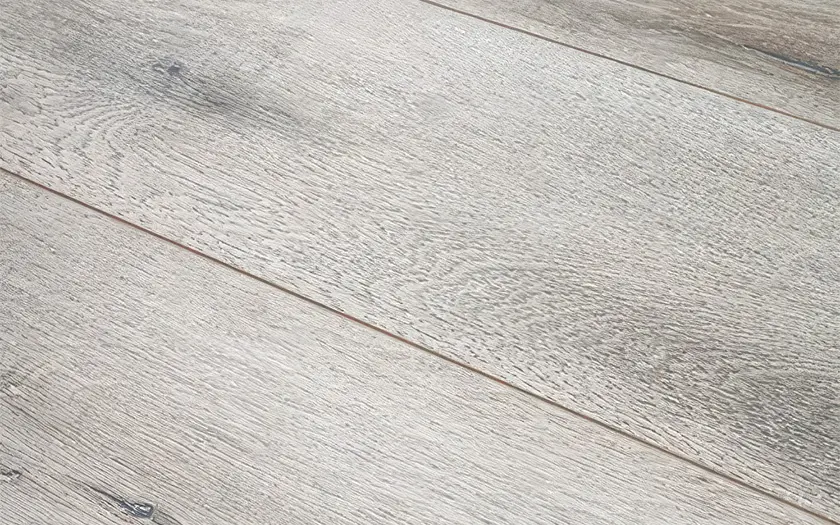
Option 1: Proximity Mills Rigid Core LVP (focus on classic styles)
- Why: Rigid core LVP is incredibly durable with excellent water resistance. Focus on wood-look styles in neutral colors (grays, browns) for broad appeal.
- Collections to explore: Reserve, Longitude, and even some within the Core Collection might have budget-friendly yet durable options.
- Price: Aim for lines within the $3.50-$5.00 per square foot range.
Option 2: Higher-Quality Laminate
- Why: If budget is truly the top priority, a good laminate can be more affordable than LVP. Choose a line with a high AC rating (AC3 or above) for durability, and stick with wood looks with neutral undertones.
- Caveats: Not all laminates are ideal for kitchens or bathrooms due to moisture sensitivity. Look for lines that are specifically labeled as water-resistant if those are priority areas.
- Price: Might find suitable options in the $2.00-$4.00 per square foot range.
Visit Proximity Mills website to order samples of your top choices before committing to large quantities. Seeing the flooring in your actual rental space is crucial.
Factor in installation costs with your budget. Some LVPs might be easier to DIY than laminate, potentially saving money. Proximity flooring often goes on sale, especially around holidays. Keep an eye out for deals!
#3 Paradiso
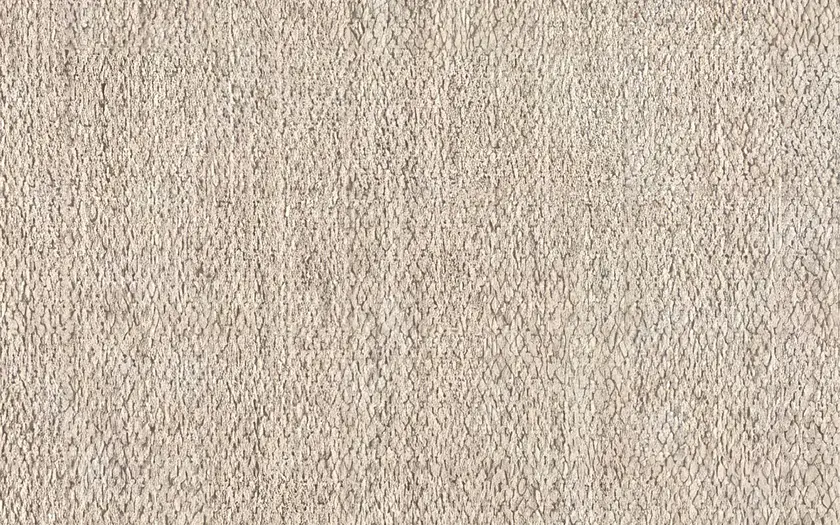
Option 1: Paradiso Flat Weave Carpet
- Luxurious underfoot: Offers plush comfort and a high-end feel, a potential draw for some tenants.
- Style variety: Paradiso focuses on style, so you’ll find appealing carpet options. Choose neutral colors (beige and gray) that complement the rest of the rental.
- Practicality: Prioritize carpets with stain-resistance and durability treatments. Consider focusing carpet choices on bedrooms or living rooms for lower wear and tear.
Option 2: Paradiso Engineered Hardwood
- Classic and stylish: Offers the timeless beauty of hardwood with a range of neutral colors and finishes to suit most rental styles.
- Durable: Engineered hardwood with a high-quality wear layer handles general wear and tear well. Paradiso emphasizes durability in their product lines.
- Caveat: While engineered hardwood is more moisture-resistant than solid hardwood, LVP is still superior for kitchens and bathrooms.
Paradiso caters to the luxury segment, so be sure to factor in the price point and compare options carefully.Professional installation is generally recommended for Paradiso’s products, so factor that into your overall costs.
Be sure to communicate proper care requirements to your tenants to preserve your flooring investment.
Check the Paradiso products for specific engineered hardwood and carpet collections.
Weighing The Options
Picking the best flooring for rental property is all about finding a balance that serves both the landlord’s and the tenant’s best interests. Durability, ease of maintenance, cost-effectiveness, and visual appeal are not just individual boxes to tick; they’re interrelated factors that contribute to the overall success and sustainability of a rental property.
It’s essential to consider these factors carefully to ensure tenant satisfaction and protect your investment. The right flooring choice can significantly influence the desirability and longevity of your rental property, affecting everything from tenant turnover rates to overall property value.
So, take the time to weigh your options, considering not just the initial cost but the long-term implications of your flooring choice. Remember, the goal is to create a welcoming, durable, and low-maintenance environment that tenants will love to call home, ensuring the continued success of your rental property for years to come.
About The Author

Courtney Daily
February 23, 2024
Courtney is a freelance writer who wears many other hats: kindergarten teacher by day, Broadway diva in the shower. She is a transplant Hoosier who originated in New England. When she isn't writing in her spare time, you will find her reading history books, arguing with her latest knitting project, or being beaten by her kids at most games.
